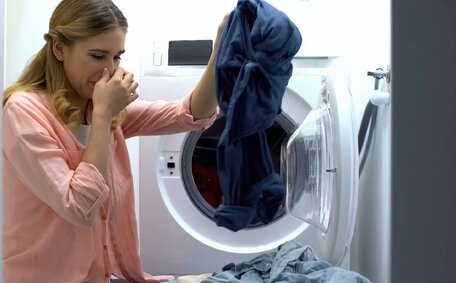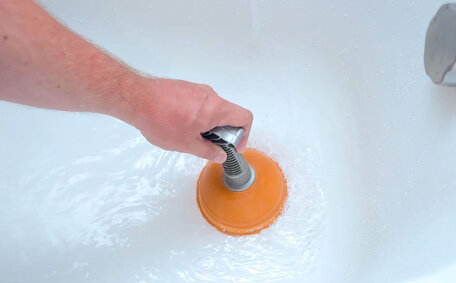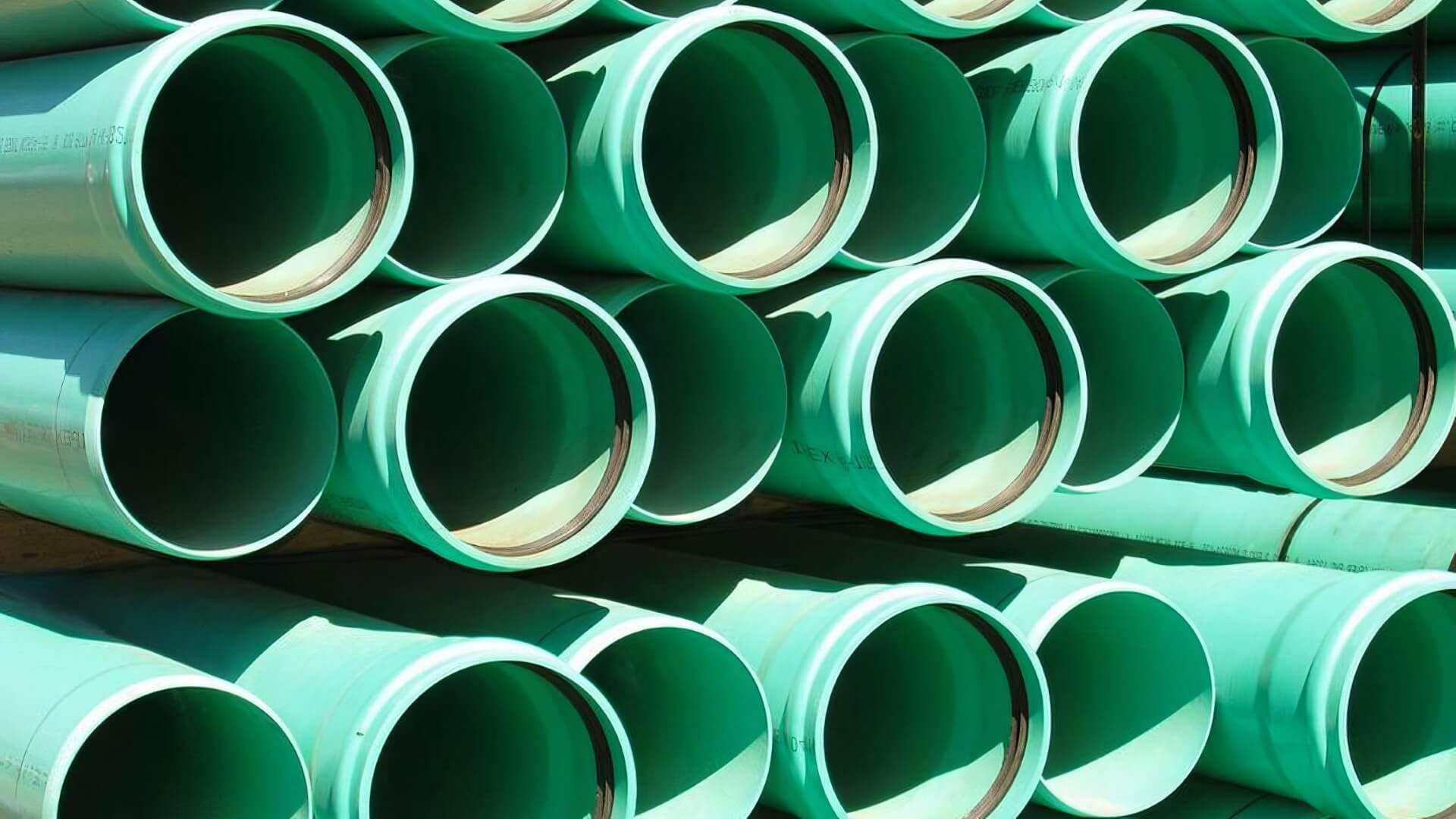Introduction to Gas Hot Water Systems
Hot water is a critical utility in Eastwood homes. Determining whether gas hot water systems are the most cost-effective option is essential.
Selecting the ideal hot water system—be it gas, electric, solar or heat pump—can be daunting. However, instant gas hot water systems, renowned for reliability and energy conservation, provide tangible cost benefits compared to electric systems, and are thus favoured in Eastwood, Sydney.
Eastwood Plumbing, with over a decade of expertise in domestic and commercial gas heater installations and repairs, is well-equipped to explain the advantages and disadvantages of gas hot water systems.
In this article, we’ll analyse the upfront costs, operating expenses, energy efficiency, and potential savings of gas hot water units compared to other types of hot water systems. We’ll also explore key factors like your hot water usage, greenhouse gas emissions, and overall value to help Eastwood homeowners make a well-informed decision.
The comprehensive analysis from our Eastwood Plumbing team of the costs and advantages of gas systems will assist you in determining their cost-effectiveness for your home.
Comparing Initial Costs of Gas vs Electric Hot Water Systems
Gas hot water systems often come with a lower initial price tag than electric options, offering upfront cost-effectiveness. The purchase price of a standard gas storage tank unit ranges from $1000 - $1500, while a standard electric storage tank unit averages $1200 - $2000. Heat pump and solar water systems are generally more expensive, with an initial cost ranging between $2000 - $4000.
Electric units, requiring just a powerpoint, cost about $200 - $500 to install. However, the more complex heat pump and solar installations can cost between $1000 - $3000.
Connection to a gas line and ventilation flue installation add approximately $500 - $1000 to the cost of a gas hot water system.
Additional equipment may be needed for gas systems, like condensation drains to remove moisture buildup. Maintenance costs are notably different when considering pump hot water systems compared to gas units over the long term. Despite the lower purchase price, the total initial cost of a gas hot water system can be similar to an electric one when accounting for installation and additional equipment.
Installation Requirements for Gas Hot Water
For safety, reliability, and efficiency, it is strongly advised to have professionals install gas hot water systems in Sydney to ensure compliance with Australian Standards.
Only licenced gas plumbers with specific training and accreditation can legally perform a gas water heater system install, ensuring compliance with NSW regulations. They will follow AS/NZS 5601 for gas installations and AS/NZS 3500 for plumbing to meet all legal requirements.
The primary stages of installing a gas hot water system encompass:
- Inspecting the existing gas and water lines. Upgrades may be needed to support the new system.
- Selecting an appropriate outdoor location for the unit and flue terminal. Clearances from windows, doors, and air vents are regulated.
- Running new gas and water lines if necessary.
- Mounting and securing the gas hot water unit.
- Connecting gas and water lines to the system.
- Installing flue and condensate drains.
- Testing for leaks and ensuring safe operation.
In Sydney, the flue terminal clearance for various types of gas hot water systems from the ground may need adjusting due to flooding risks. Units must also be raised in flood-prone areas. The licenced professional will handle these pump hot water system considerations.
Complex switchboard upgrades can add cost in older homes. Extra time may be needed if gas lines run under concrete slabs. Gas hot water system installation, requiring expertise, is efficiently managed by skilled, licensed Sydney plumbers.
Operating Costs and Efficiency of Gas Hot Water
Gas hot water systems usually offer higher energy efficiency and lower running costs compared to electric models. This efficiency advantage is attributed to the process of using gas to heat water, directly affecting how the electric hot water system heats water and helping you save money on your energy expenses.
Continuous flow gas systems heat water on demand, reducing energy waste unlike electric tank systems which heat and maintain a full tank of hot water. Continuous flow instant gas units are 24-30% more efficient than storage tank gas systems and 50% more efficient than electric storage units which utilise electricity.
Consider the following average energy costs for gas versus electric hot water in a 3-person household:
- Storage tank gas: $550 per year
- Continuous flow gas: $350 per year
- Electric storage tank: $750 per year
With a lifespan of up to 20 years, gas units outlast the typical 15-year life of electric ones, improving their cost-effectiveness with fewer necessary repairs and, thus, increased savings.
While gas hot water systems have higher upfront installation costs, their superior efficiency leads to lower operating expenses and long-term savings of $1000 or more over an electric system lifespan. Choosing gas can lead to significant reductions in energy bills, offering Eastwood homeowners excellent value.
Gas vs Electric Hot Water Heating Costs
In making a choice between gas and electric hot water units, a crucial consideration is the heating cost. Typically, gas provides hot water more affordably than electricity does.
The annual cost to heat water with a gas storage tank heater is approximately $550 for a 3-person household. In comparison, electric storage tank heaters average $750 annually for the same usage, emphasizing the need to consider overall energy spending—a saving of $200 per year with gas.
Continuous flow hot water heaters increase the potential for savings, with annual heating costs averaging merely $350 with such units. This figure represents less than half the operating cost of electric storage tank systems, demonstrating the superior efficiency of gas.
These savings arise as gas water heaters convert the energy from burning natural gas into heat more efficiently than electric units do with electricity. Consequently, electricity rates for hot water are often higher than those for natural gas in the Eastwood region.
Peak power periods can see energy expenses for electric hot water nearly doubling the off-peak rates, in stark contrast to the stable prices of gas. Continuous gas systems benefit from consistent rates, ensuring affordability even during high demand times.
While hot water systems can offer greater efficiency and lower heating expenses, they present an opportunity to save money on your energy costs, leading to significant savings year after year. For the typical Eastwood home, a gas system can save more than $1000 over its lifespan compared to electric.
When it comes to your wallet, gas hot water wins hands down for cost-effectiveness. Eastwood Plumbing can help determine which hot water system your home will benefit from most in terms of long-term affordability.
Annual inspections by qualified technicians are recommended. They will check gas lines and connections for corrosion and leaks, clean the burner and flue, inspect the pressure relief valve for the various types of gas hot systems, test water temperature and pressure, and confirm proper combustion levels, ensuring your system is ready for the next day.
Replacing the anode rod every 2-3 years prevents corrosion, and annual flushing eliminates sediment that can impair heating efficiency.
Electric systems typically require replacement of heating elements every 5-10 years. Therefore, gas units necessitate more regular and intricate servicing.
But this maintenance ensures customers receive great service, enjoying enhanced safety, fewer repairs, and greater energy savings over the lifespan of their gas hot water system. Eastwood Plumbing’s licensed plumbers provide comprehensive annual servicing and repairs, ensuring the reliable operation of your gas hot water system for many years.
Environmental Impact of Gas Hot Water Systems
Gas hot water systems have some environmental trade-offs compared to electric and renewable energy options. While they can be very efficient at heating water, most run on natural gas which is a fossil fuel that emits greenhouse gases when burned.
The main emissions from various types of gas hot water systems are carbon dioxide and nitrogen oxides. A typical gas storage tank water heater emits about 1.2 tonnes of carbon dioxide annually, more than double that of an electric heat pump or solar hot water system.
Nevertheless, the environmental impact of gas hot water can be mitigated by utilising renewable bio-derived gases. Some gas hot water systems also condense water vapour to recover heat, improving efficiency. Some gas hot water systems can attain a 4-star energy rating, enhancing their environmental appeal.
Though gas systems emit more, they compensate by offering reduced operating costs and a significant lifespan of 15-20 years, implying reduced frequency of replacements and waste. Moreover, regular maintenance ensures their clean and efficient running.
Heat pumps and solar PV hot water systems offer lower emissions for environmentally conscious Eastwood homeowners, presenting significant eco-advantages despite initial costs. But modern gas units can also be an eco-friendly choice, especially when paired with renewable gas sources.
The team at Eastwood Plumbing can advise on the latest energy-efficient gas hot water systems. We can help you enjoy the benefits of gas while also making environmentally responsible decisions for heating water in your home.
Gas Emissions Compared to Electric Hot Water
The main reason is that most gas systems run on fossil fuels like natural gas, which emit CO2 when burned. An average gas storage tank water heater produces about 1.2 tonnes of CO2 per year.
Conversely, electric heat pumps and solar hot water systems produce minimal direct emissions. It’s noteworthy, though, that electricity for heat pump heaters frequently comes from fossil fuels such as coal, leading to indirect emissions.
An electric storage tank water heater indirectly produces around 0.7 tonnes of CO2 annually if the electricity comes from coal power. So while less than gas systems, electric heaters can still have a significant carbon footprint.
Overall, some systems like heat pumps and solar hot water systems have the lowest greenhouse gas emissions. But modern gas systems with innovations like condensing technology can also be an eco-friendly option when paired with bio-derived renewable gas sources.
Storage systems hold a set amount of pre-heated water ready for use, while instant systems only heat water as needed.
Storage tank gas systems are best suited for heat exchanger. They provide unlimited hot water continuously, but output is limited by the unit’s flow rate, typically 12-20L per minute.
Instantaneous systems quickly heat water on demand, making them ideal for smaller households Storage tanks, holding hot water ready for use, are preferable for families, while instantaneous units cater better to immediate, smaller-scale needs. Sot water solution based on your household’s requirements.
Gas hot water systems come in two main types: the robust storage tank and the efficient instantaneous/continuous flow models.
Gas storage tank systems, ideal for larger households with significant demand, offer ample water, but their recovery time is slower compared to instantaneous models.
Instantaneous gas systems deliver on-demand hot water using a gas burner or heat exchanger.
Gas storage tank systems are priced between $1000-$1500, whereas instantaneous units cost $1500-$2000 to install.
Solar Pre-Heat and Gas Booster Hot Water Systems
Hybrid solar pre-heat and gas booster systems harness solar energy and gas to optimise water heating. During daylight, solar panels pre-heat the water, which is then raised to the desired temperature by a gas booster upon demand.
This hybrid setup provides the environmental benefits of solar energy along with the reliability of gas. Solar pre-heats to 50-60C then gas boosts to 60-75C fos heating is required.
Upfront costs for solar-gas systems are $1000-$2000 higher than gas only. But Sydneys sunnier climate makes solar pre-heating extremely effective for long-term savings. With available reclimate the gas electric combination can make your hot water highly efficient.
Solar pre-heat and gas booster systems combine solar power and gas to heat water efficiently. Solar panels pre-heat water during the day, then a gas booster tops75C for delivery.
Solar gas systems can achieve over 95% efficiency. They reduce greenhouse gas emissions by around 60% compared to regular gas heaters. And they lower gas usage and bills by 30-50% since less-effectiveness, efficiency, and performance. But is it ultimately the right choice for you?
For numerous Eastwood households, the investment in a new hot water system is financially sound. The initial costs are manageable, with gas being particularly cost-effective for ongoing heating. Furthermore, with energy ratings of 4+ stars, gas systems maintain efficient operation for 10-15 years, yielding annual savings.
Environmentally, gas emits more greenhouse gases than electric or solar technology. However, a new hot water system with modern gas technology is quite eco-friendly, and you can offset emissions through renewable gas sources and carbon offsets.
Consider your hot water system usage, household size, and budget. Storage tank hot water heaters work well for families, while instantaneous gas suits smaller homes. Additionally, gas works well with solar in hybrid pre-heating systems.
For an informed decision customised to your home, reach out to Eastwood Plumbing. Our expertise in local hot water solutions enables us to evaluate your needs and suggest the most appropriate gas or electric system, ensuring cost-effectiveness.
Call us at 1300 349 338 or email [email protected] to discuss your options. We’re happy to provide quotes and steer you towards the right hot water solution.






